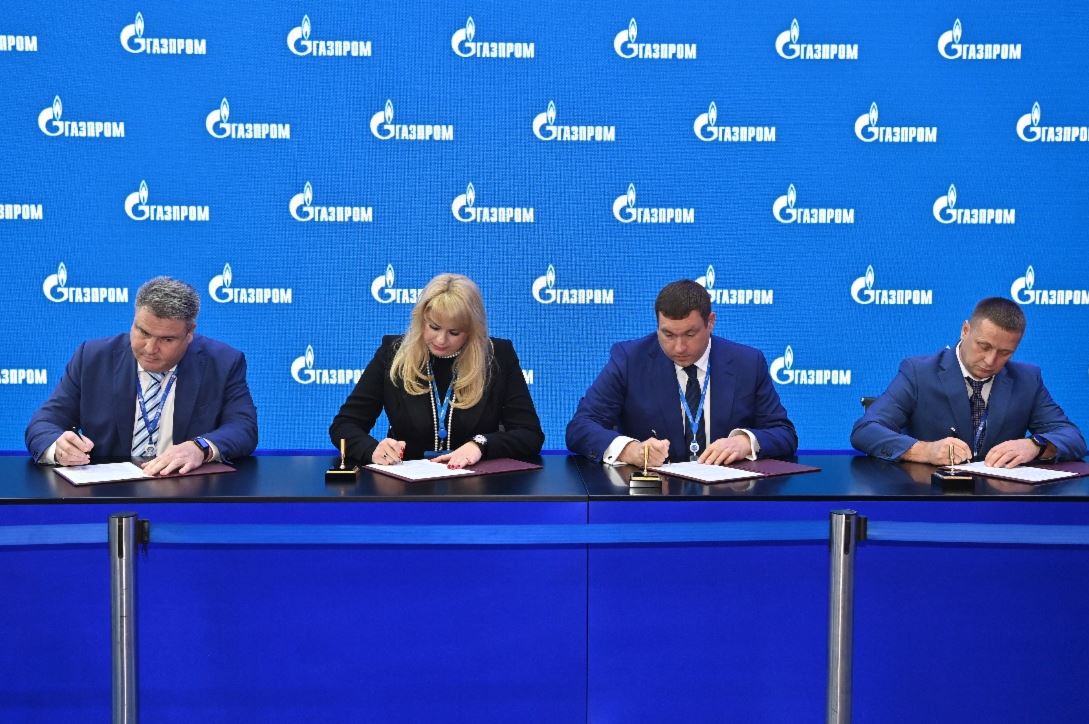Russian gas giant Gazprom continues to boost its small-scale LNG business and has signed deals for two new developments.
According to a Gazprom statement, its units Gazprom Helium Service and Gazprom Gazomotornoye Toplivo have signed a cooperation deal with the government of Russia’s Volgograd Region and Bykovogaz.
The partners plan to develop infrastructure for the production, storage, transportation and consumption of LNG in the region.
As part of the agreement, Gazprom Helium Service intends to build a small-scale LNG production complex with an hourly capacity of 1.5 tons in the Bykovsky District, while Bykovogaz would ensure gas supplies to the complex, the statement said.
Also, Gazprom Gazomotornoye Toplivo would expand the infrastructure for refueling vehicles with LNG taking into account the plans of a major regional transportation organization for creating an LNG-fueled bus fleet in Volgograd, it said.
The regional administration will provide assistance to the partners as well.
Space center and LNG
In addition to the deal above, Gazprom Helium Service and Space Rocket Center Progress signed a memorandum of understanding to create an LNG production complex in the Amur Region, the statement said.
The latter plans to use LNG for the needs of the Vostochny Cosmodrome, a Russian spaceport located in the region.
Gazprom did not provide any additional information.
The state-owned firm has this year revealed several new developments related to the small-scale LNG sector.
Recently, Gazprom Helium Service and Russian Far East and Arctic Development Corporation (RFEADC) signed a cooperation agreement for the creation of a complex for natural gas liquefaction in the Svobodnensky District, Amur Region.
Prior to that, Gazprom Helium Service said in June it had launched a small-scale LNG plant near Vladivostok which will provide fuel for trucks transporting liquid helium.
The small-scale plant is located at Gazprom’s helium tank logistics center in the Primorye Territory in the Russian Far East.
Furthermore, Gazprom started building a small-scale liquefaction plant in southwestern Siberia in June.
The Russian firm said the plant’s output would help convert mining equipment to LNG and to replace coal fuel in the region, particularly in the Sheregesh ski resort.

